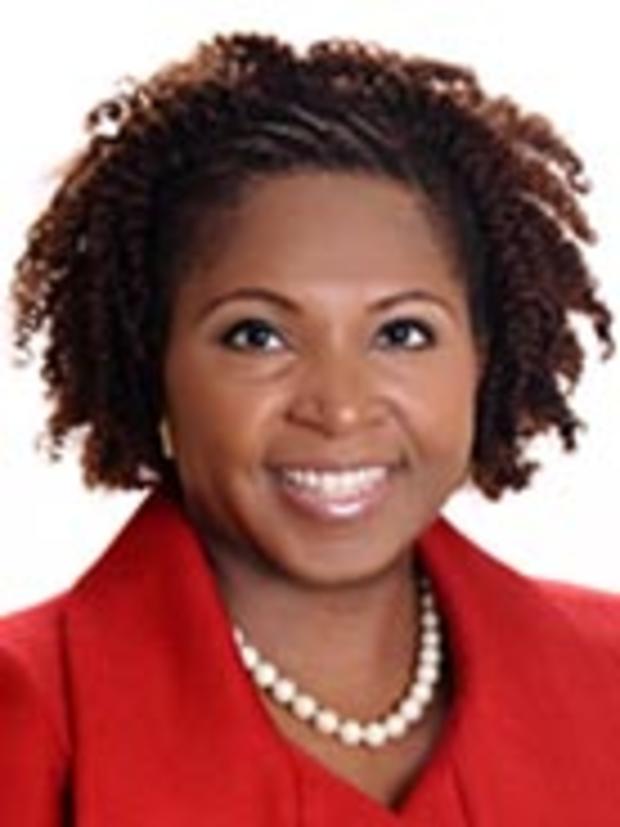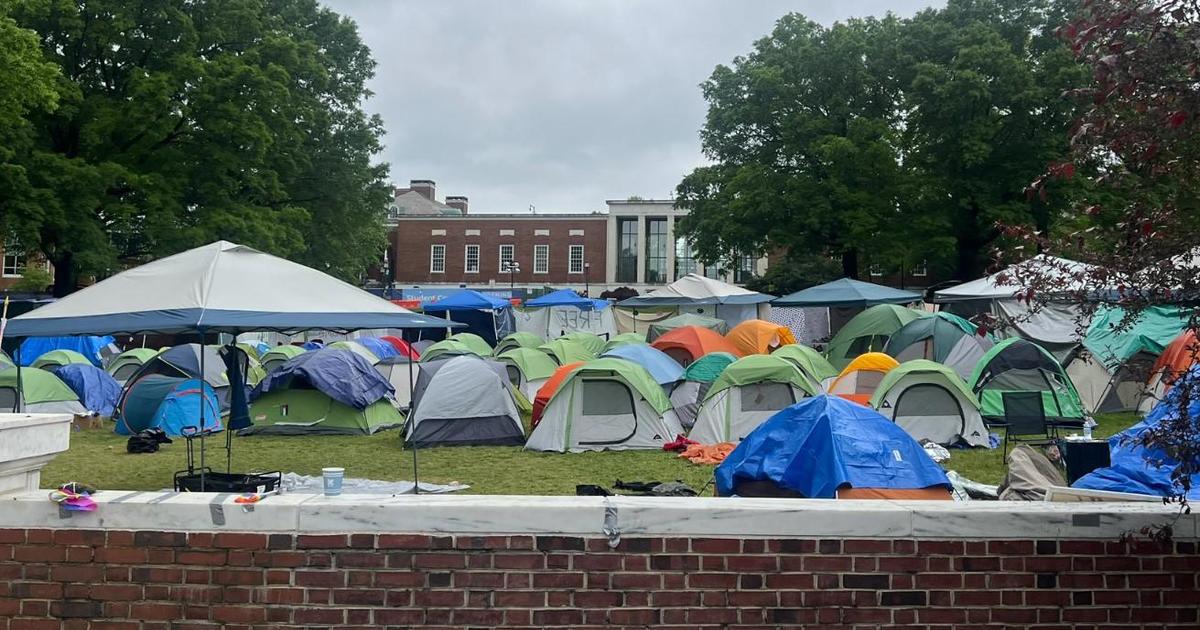Baltimore Healthcare CEO Tackles Dual Role As QA Specialist
Meredith Hurston has been working in healthcare for 19 years. Most of her work has been for laboratories and in supporting laboratory quality. She currently serves as a quality assurance specialist for the Department of Pathology at Johns Hopkins while concurrently owning M. Squared Healthcare Consulting Agency.
Hurston has a B.S. in medical technology, also known as laboratory science, from the University of Michigan-Flint. She is board certified from the American Society for Clinical Pathology and completed a post-bachelor's internship through Wayne State University. After becoming a certified medical technologist, she earned a master's degree in health administration from the University of Phoenix.
What are the responsibilities of your current role?
"I currently work as a quality assurance specialist for a hospital-based laboratory and I'm a healthcare consultant. My responsibilities include reviewing quality indicators to ensure the laboratory is producing accurate results in a timely manner. I also monitor events that occur in the hospital involving the laboratory that may have an impact on patient care and safety."
What is your favorite part about your work?
"The favorite part of my daily duties is problem solving and education. The laboratory is an often misunderstood area of the hospital. Clinicians (doctors and nurses) are heavily reliant on the test results we provide. However, they often are not aware of our seemingly stringent policies. I like to serve as a liaison to explain our policies and expedite the process for lab specimens to be handled correctly for clinicians to receive the most efficient service."
How has your education and training prepared you?
"The internship portion of my education was highly valuable in preparing me to work on the bench as a clinical lab scientist. After working in the field for a couple of years, I desired an administrative role. Completing an M.H.A. allowed me to transition into a quality assurance role."
What do you do to continue your education and training?
"Since January of 2004, clinical lab scientists are required to take continuing education in a variety of disciplines that are related to our field of work, such as chemistry, hematology, blood banking, microbiology, etc. I have to complete at least 36 hours every three years in order for my certification to be renewed. I take continuing education offered by lab equipment vendors, accrediting bodies, college courses, and other industry webinars to maintain my certification. I also participate in peer inspections of other laboratories to maintain my skills and learn from their processes."
Do you have any advice for others looking to enter this field?
"The field of clinical lab science is advancing rapidly due primarily to genetic and molecular testing. I highly recommend a certification in molecular biology or diagnostics to increase your competitive edge and to command a higher salary."
Laura Catherine Hermoza has a lifelong love for writing. In addition to serving as a contributor to various media publications, she is also a published novelist of several books and works as a proofreader/editor. LC resides in Baltimore County.




